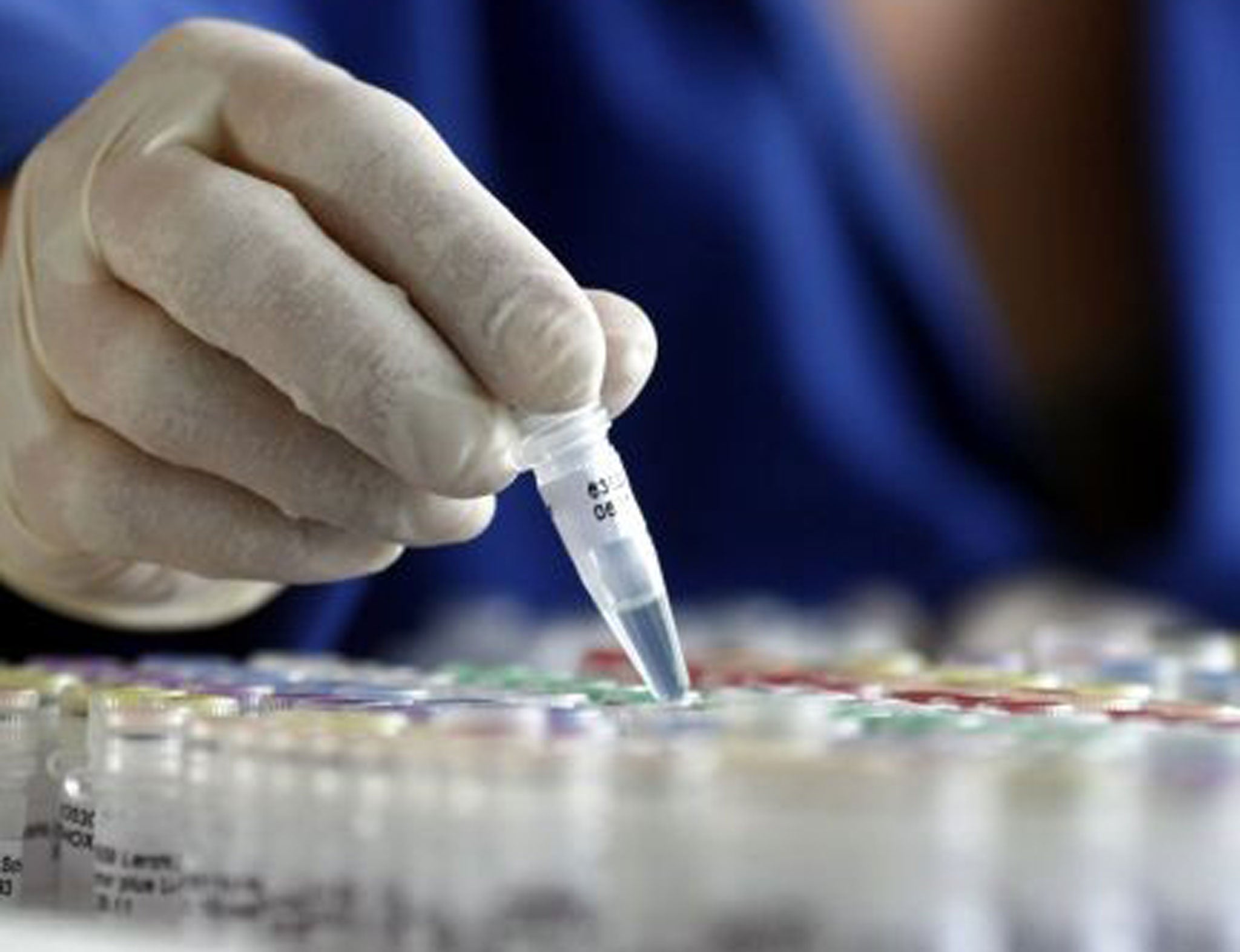Sleeping well could protect men from prostate cancer, study concludes

Your support helps us to tell the story
From reproductive rights to climate change to Big Tech, The Independent is on the ground when the story is developing. Whether it's investigating the financials of Elon Musk's pro-Trump PAC or producing our latest documentary, 'The A Word', which shines a light on the American women fighting for reproductive rights, we know how important it is to parse out the facts from the messaging.
At such a critical moment in US history, we need reporters on the ground. Your donation allows us to keep sending journalists to speak to both sides of the story.
The Independent is trusted by Americans across the entire political spectrum. And unlike many other quality news outlets, we choose not to lock Americans out of our reporting and analysis with paywalls. We believe quality journalism should be available to everyone, paid for by those who can afford it.
Your support makes all the difference.Sleeping well may help to protect men from deadly prostate cancer, a study has found.
Scientists linked higher levels of the night-time hormone melatonin with a 75 per cent reduced risk of advanced disease.
Melatonin is produced in the dark at night. It plays a key role in regulating the body's sleep-wake cycle and influences many other functions associated with the body's 24-hour clock, or circadian rhythm.
Low levels of the hormone are typically associated with disrupted sleep.
Scientists studied 928 Icelandic men who were questioned about their sleep patterns and had urine samples tested for levels of a melatonin breakdown product.
Men who reported taking medication for sleep problems, and difficulty falling and staying asleep, had significantly lower amounts of the melatonin marker.
Over a period of seven years, 111 of the men were diagnosed with prostate cancer including 24 with advanced disease. Men whose melatonin marker levels were higher than the middle of the range were 75 per cent less likely to develop advanced prostate cancer than those with lower values.
Advanced prostate cancer that has started to spread is often aggressive and likely to prove fatal.
"Sleep loss and other factors can influence the amount of melatonin secretion or block it altogether, and health problems associated with low melatonin, disrupted sleep, and/or disruption of the circadian rhythm are broad, including a potential risk factor for cancer," said study leader Sarah Markt, from the Harvard School of Public Health in Boston, US. "We found that men who had higher levels of melatonin had a 75 per cent reduced risk for developing advanced prostate cancer compared with men who had lower levels of melatonin.
"Our results require replication, but support the public health implication of the importance of maintaining a stable light-dark and sleep-wake cycle. Because melatonin levels are potentially modifiable, further studies of melatonin and prostate cancer risk and progression are warranted."
The research was presented at the American Association for Cancer Research-Prostate Cancer Foundation Conference on Advances in Prostate Cancer Research in San Diego, US.
The study also linked raised melatonin with a 31 per cent reduced overall risk of prostate cancer, but this finding was non-significant.
"Further prospective studies to investigate the interplay between sleep duration, sleep disturbance, and melatonin levels on risk for prostate cancer are needed," Ms Markt added.
Dr Matthew Hobbs, deputy director of research at Prostate Cancer UK said: "Over 40,000 men are diagnosed with prostate cancer each year in the UK. Improving our ability to distinguish which of those men are at risk of aggressive cancer that is likely to spread to other parts of the body from those who have low-risk cancer is of crucial importance as it would enable both groups to make better decisions about their treatment options. However, this study is a long way away from developing a test based on melatonin levels. In fact, more research is needed just to confirm that melatonin levels really do have an effect on the risk of developing advanced prostate cancer."
PA
Join our commenting forum
Join thought-provoking conversations, follow other Independent readers and see their replies
Comments